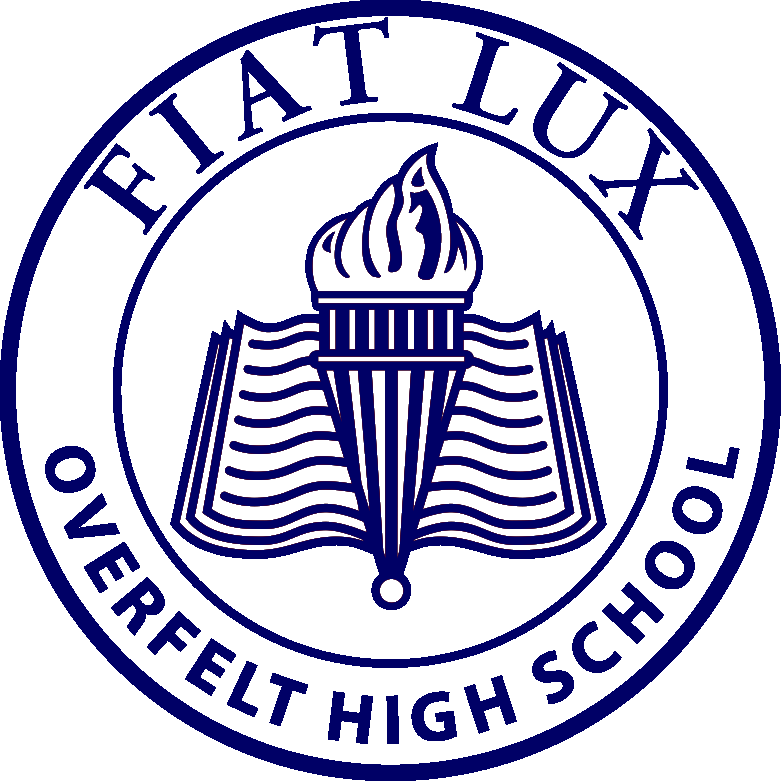VII. Napoleon and the Consulate, 1799-1804
- A. The First Consul
- 1. Napoleon quickly took command of the new government. As first consul, he held all the power and made all the decisions.
- 2. Napoleon’s popularity continued to rise as he restored order, stimulated prosperity, and defeated the Second Coalition.
- 3. Grateful voters overwhelmingly endorsed Napoleon’s rule. He successfully used the democratic process to destroy democracy.
- 4. Secure in his power, Napoleon enacted policies designed to transform France into an efficient modern state.
- 5. It is interesting to note that in many ways Napoleon embodied the philosophes’ concept of an enlightened despot.
- B. The Napoleonic Code
- 1. Napoleon’s legal experts consolidated hundreds of local law codes into a uniform legal code that is still the basis of French law.
- 2. The new code guaranteed many achievements of the French Revolution, including equality before the law, freedom of religion, the abolition of privilege, and the protection of property rights.
- 3. The code increased the authority of husbands within the family. Women and children were legally dependent on their husband or father. For example, women could not buy or sell property without the consent of their husbands.
- C. The Concordat of 1801
- 1. Napoleon understood the importance of ending the strained relationship between the French government and the Catholic Church.
- 2. The Concordat of 1801 granted the Catholic Church special status as the religion of “the majority of Frenchmen.” the pope regained the right to confirm church dignitaries appointed by the French government, depose French bishops, and reopen religious seminaries.
- 3. In return, the pope recognized the French government and accepted the loss of church properties confiscated during the Revolution.
- D. The Loss of Liberty
- 1. Napoleon censored the press and suppressed all political opposition.
- 2. Despite the loss of individual liberties, France enjoyed security, stability, and prosperity.
- 3. Supported by a grateful nation, Napoleon declared himself emperor on December 2, 1804.
VIII. The Napoleonic Empire, 1804-1815
- A. “Europe Was at My Feet.”
- 1. Between 1805 and 1807, Napoleon defeated Austria, Prussia, and Russia in a series of brilliant military victories.
- 2. Napoleon’s victory at Austerlitz solidified his reputation as a military genius.
- 3. By 1808, French rule extended from the North Sea to Spain and included much of Italy.
- 4. It is important to note that Lord Nelson’s naval victory at Trafalgar thwarted Napoleon’s goal of controlling the seas and mounting an invasion of Great Britain.
- B. The Reorganization of Germany
- 1. Napoleon’s victories enabled him to dissolve the Holy Roman Empire. He consolidated previously independent German states into a French-dominated Confederation of the Rhine.
- 2. Posing as a champion of the Revolution, Napoleon abolished feudalism and granted peasants freedom from manorial duties.
- 3. It is important to note that Napoleon unwittingly sparked a wave of German nationalism that fueled resistance to his rule. People who at first welcomed the French as liberators now felt they were being exploited by foreign invaders. Napoleon thus inadvertently accelerated the cause of German unification.
- C. The Fall of Napoleon
- 1. Aura of invincibility
- a. Napoleon appeared to be invincible. Many called him the greatest military commander in European history.
- b. Napoleon’s insatiable desire for power led him to make three disastrous mistakes that led to his downfall.
- 2. The Continental System
- a. in 1806, Napoleon closed all European ports to British ships and goods.
- b. Napoleon hoped that his Continental System would create a depression in Great Britain while promoting French prosperity.
- 3. Guerrilla warfare in Spain
- a. in 1808, Napoleon deposed Spain’s Bourbon rulers and installed his brother Joseph. This ill-advised action outraged the Spanish people.
- b. Bands of Spanish fighters known as guerrillas repeatedly ambushed French troops and then fled into hiding. During the next five years, France lost almost 300,000 men. These losses contributed to Napoleon’s ultimate defeat.
- 4. The invasion of Russia
- a. the Continental System prevented Russia from exporting grain to Great Britain. When Tsar Alexander (reigned 1801-1825) refused to stop this vital trade, Napoleon prepared to invade Russia.
- b. Napoleon’s Grand Army reached Moscow. However, Alexander refused to surrender, thus forcing Napoleon to retreat. A combination of bitterly cold weather, disease, and merciless Russian attacks decimated Napoleon’s army.
- D. Napoleon’s Final Battles
- 1. Napoleon’s enemies quickly took advantage of his weakness. Great Britain, Russia, Prussia, and Austria formed a Grand Alliance that defeated Napoleon at the Battle of Nations in October 1813.
- 2. The allied armies entered Paris in March 1814. Napoleon abdicated his throne and was exiled to the island of Elba.
- 3. In March 1815, Napoleon escaped from Elba and formed a new army. Led by Great Britain and Prussia, the Grand Alliance defeated Napoleon at the Battle of Waterloo in June 1815.
- 4. Napoleon abdicated a second time and was shipped to St. Helena, a remote island in the South Atlantic. Once the master of Europe, Napoleon now lived in lonely exile writing his memoirs. He died in 1821.
NOTE: Napoleon’s battle has fascinated generations of military historians. It is important to remember that APEURO test writers are not military historians. You should· know that the battle of Austerlitz solidified Napoleon’s reputation as a military genius. Otherwise, focus your study time on the impact Napoleon’s conquests had in spreading nationalism and in dissolving the Holy Roman Empire.

